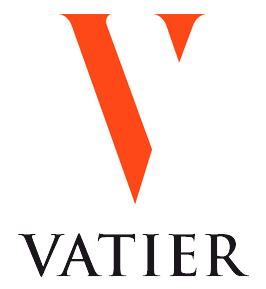In its 436th issue dated November 2025, La Lettre du Trésorier published an article (which we are authorised to reproduce) by Christian Cazenove of Société Générale and our partner Dominique Doise (who, together with Valérie Mayer, is in charge of our international trade finance business) reviewing the work accomplished in recent years by the Paris Europlace/ICC France working group, which he co-chaired and which resulted in Title II of Law 2024-537 on the dematerialisation of transferable securities and its implementation.
ICC France working group, which he co-chaired, and which led to Title II of Law 2024-537 on the dematerialisation of transferable securities and its implementing decree 2025-811 of 12 August 2025.
These texts now make it possible to dematerialise negotiable commercial securities, such as maritime bills of lading and bills of exchange.
While the dematerialisation of financial securities has existed for more than 40 years, that of negotiable commercial securities did not exist before the enactment of the aforementioned texts.
Indeed, although the creation of an electronic document and the affixing of a digital signature have been possible for a long time, there was no practical possibility of physically possessing the original digital security for these commercial securities. However, it is well known that for these commercial securities, which represent an asset or a right in their original form, possession of the original paper security is essential in order to access the asset or exercise the incorporated right and transfer it.
In accordance with the principles developed by the United Nations Commission on International Trade Law (non-discrimination between paper and electronic documents, technological neutrality, and functional equivalence) the law, without modifying the existing regimes for the instruments concerned, allows for their dematerialisation by establishing exclusive control as the functional equivalent of possession and by setting the objectives that the digital instrument must satisfy (uniqueness, identification of the parties involved, exclusive control over the instrument, integrity from a dynamic perspective allowing authorised modifications to the original instrument (such as acceptance or endorsement).
The decree specifies ex ante the criteria for the reliable method used to achieve the above objectives, both for parties located in the European Union and for those outside it.
The full article in french: https://www.vatier.com/wp-content/uploads/2025/11/Le-Big-Bang-du-commerce-international.pdf


